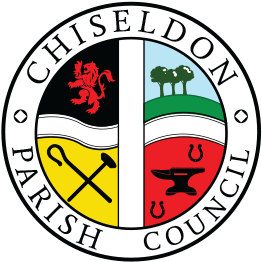 Are you funding modern slavery?
Are you funding modern slavery?
That’s the question you’re being asked by Wiltshire Police as lockdown restrictions continue to be lifted.
Those who work in car washes, nail bars and domestic cleaning are known to be at greater risk of modern slavery and exploitation.
Detective Inspector Phil Walker said: “Whilst people try to save money and find a bargain they could be unwittingly funding organised crime groups and the exploitation of vulnerable people.
“We need the public to think about whether the cost of the service they’re paying for is realistic, and whether it’s significantly lower than what others charge for the same service.
“Does that tenner you’re paying at a hand car wash cover the materials used, at least minimum wage (£8.20) for the worker and still leave room for profit? It is unlikely and this should raise concerns.
“Often in Modern Slavery cases, vulnerable adults are trafficked into the UK under false pretences and made to work for little or no money whilst living in horrendous conditions.
“Victims face being held to ransom by the criminals they’re forced to work for using threats to their families as leverage and confiscating their identity documents.”
Wiltshire Police continues to work with a number of partners to tackle modern slavery including the National Crime Agency and Immigration officials carrying out frequent welfare checks on those businesses at greater risk.
There are a number of ways that the public can report concerns about modern slavery including 101 and the Wiltshire Police website. The Modern Slavery helpline can also be contacted on 08000 121 700, this is open 24 hours a day, 365 days a year.
Always call 999 in an emergency or immediate threat to life.
DI Walker added: “We need the public to work with us to tackle this, these are often sophisticated operations and that piece of information that you could hold, no matter how small could be the last piece of the puzzle we need to take action and protect vulnerable people from exploitation.”
Signs to look out for:
Modern slavery could be happening in your community so it’s important you know the signs that could indicate someone is a victim of this crime.
The signs aren’t always obvious but there are some that you may notice:
- Do they look scruffy, malnourished or injured?
- Are they acting anxious, afraid or unable to make eye contact?
- Are they doing long hours, wearing unsuitable clothing or have the wrong equipment for the job?
- Is where they are living overcrowded, poorly maintained or are the curtains always closed?
- Do they behave like they’re being instructed by someone else, picked up/dropped off at the same time and place every day or don’t have access to money or identification?
